Angola Gripped by Deadly Fuel Price Protests: Hundreds Arrested Amidst Rising Discontent
- by Anda, Angola, RNG247
- yesterday
- 42 views
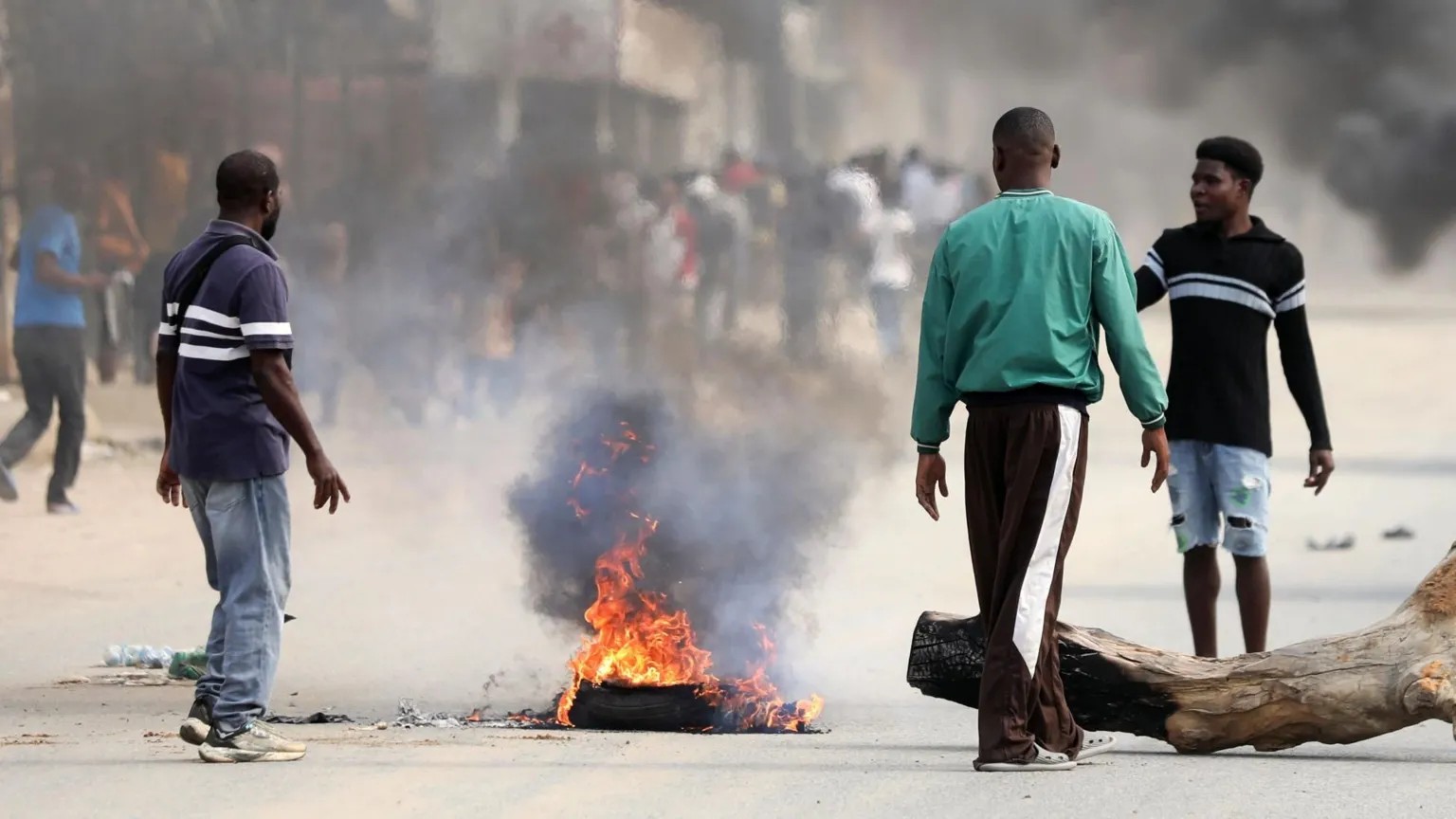
Angola is facing a surge of unrest after demonstrations erupted in the capital, Luanda, over rising fuel prices, resulting in at least five deaths, including a police officer, and over 1,200 arrests, according to police officials. What started as a taxi driver strike has quickly escalated into widespread protests reflecting deep-seated frustrations within the country.
The catalyst for the unrest was a government decision to raise diesel prices by over 33% in early July, a move intended to phase out fuel subsidies in this oil-rich nation. While President João Lourenço has downplayed concerns, stating that Angola's fuel prices remain among the lowest globally, the price hike has triggered a domino effect, driving up transportation costs and, subsequently, the prices of essential goods for Angolans.
On Monday, thousands flooded the streets of Luanda, blocking roads, looting businesses, and clashing with law enforcement. Similar protests and looting attempts were reported in the provinces of Icolo e Bengo and Huambo, though authorities claim to have contained the unrest in those areas. Pockets of protests continued into Tuesday, accompanied by further clashes with police and looting, with reports of gunfire echoing through parts of the capital.
"The fuel price issue is just the last straw that has reignited widespread public discontent," said Laura Macedo, a prominent local activist. "People are fed up. Hunger is rife, and the poor are becoming miserable."
The average monthly wage in Angola is around $75, and a promised increase to $100 has yet to materialize. The fuel price hike has exacerbated existing economic pressures, with suppliers passing on increased transportation costs to consumers, further straining household budgets.
Protesters have voiced their anger against the rising fuel prices, the long-standing rule of the MPLA party, and the overall state of affairs in Angola. State-run media outlets have faced criticism for their failure to adequately cover the demonstrations.
In response to the escalating unrest, the MPLA warned young people against joining the protests, alleging that the "acts of vandalism are deliberately intended to tarnish and hinder the joyful celebration" of Angola's upcoming 50th anniversary of independence. Local authorities in Luanda expressed "deep concern" over the events, condemning the "disturbances and acts of vandalism."
While a major taxi association, Anata, has distanced itself from Monday's violence, it has vowed to continue the strike, stating that it "reflects the outcry of the Angolan people." As of Wednesday afternoon, many businesses remained closed, and many private-sector employees stayed home.
Police have pledged to maintain a strong presence on the streets and "intervene where there are still disturbances" to "re-establish public order and peace." The situation remains tense, and the long-term implications of the protests for Angola's political and economic landscape are yet to be seen.



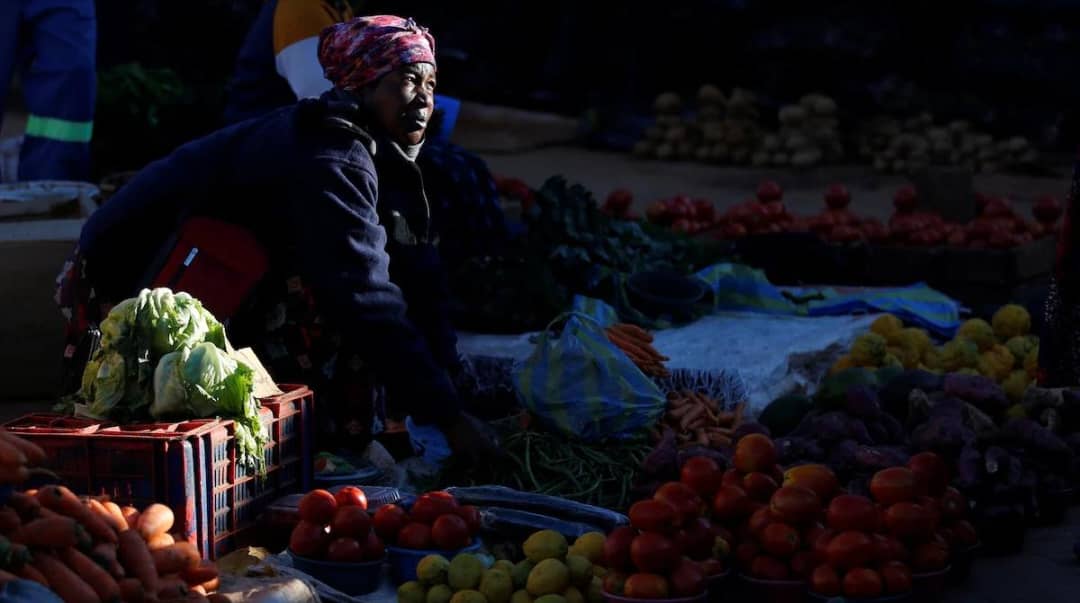

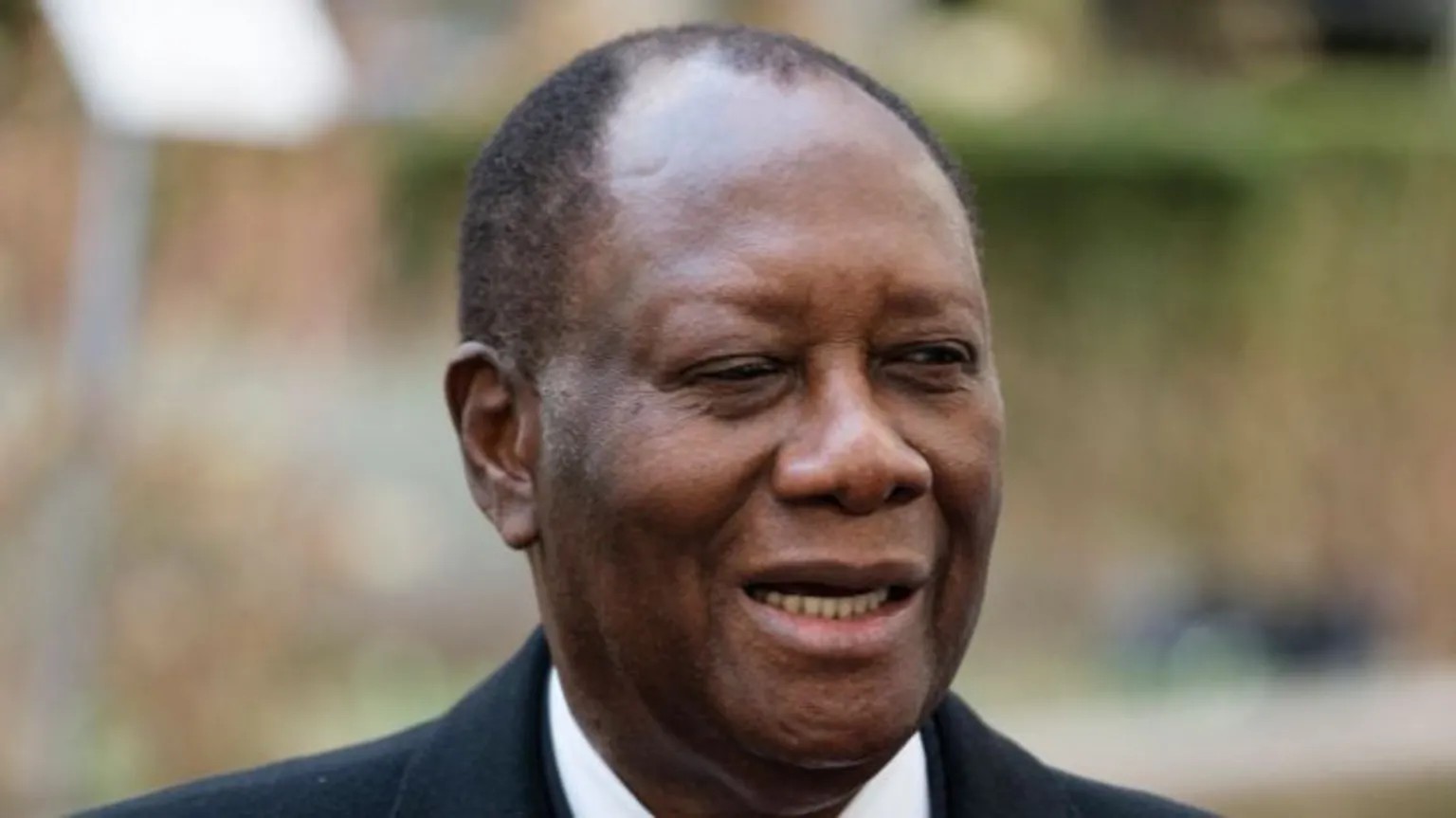
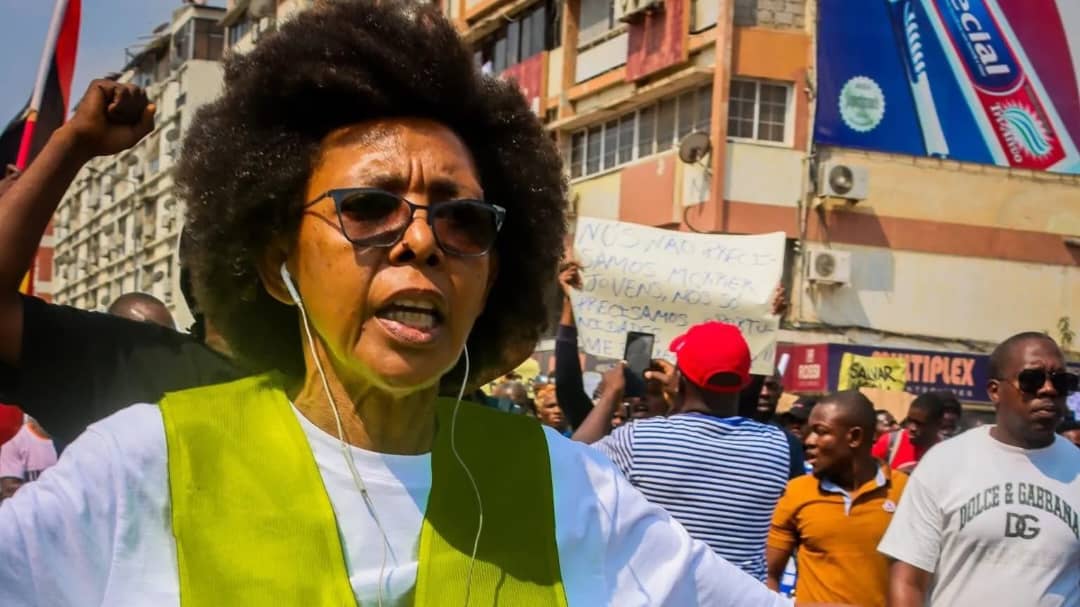

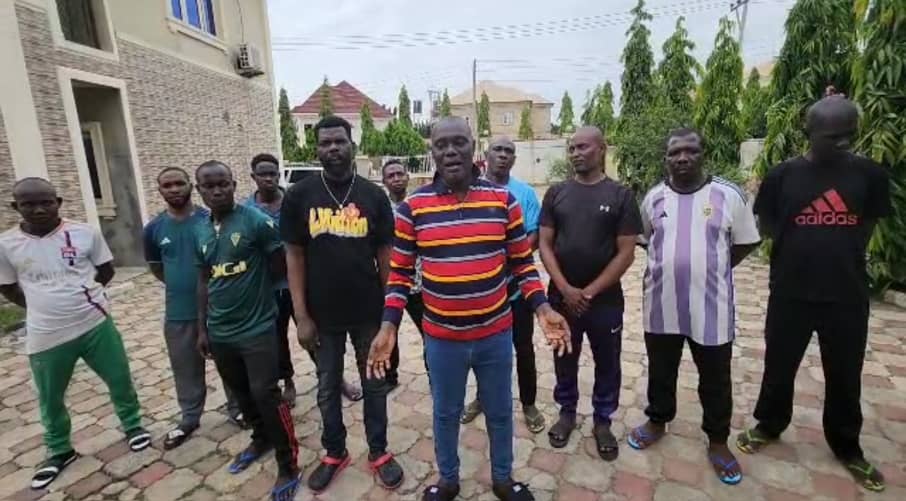

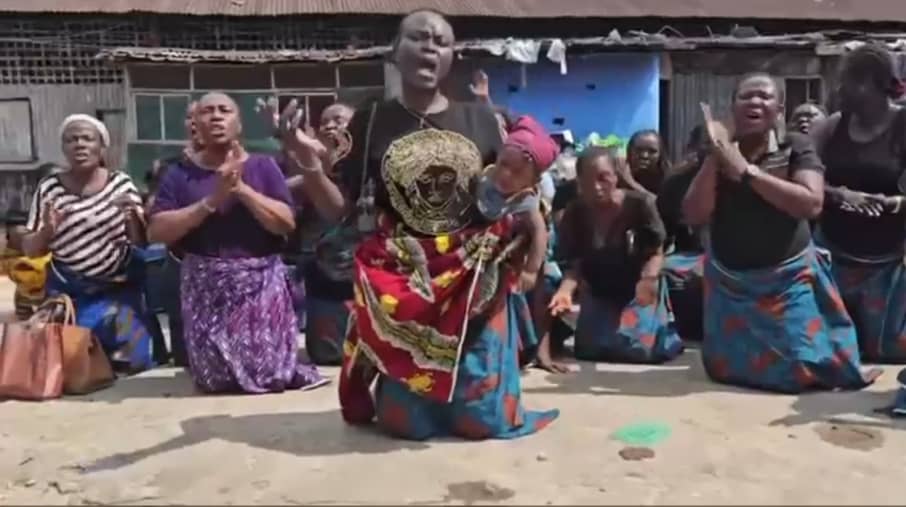

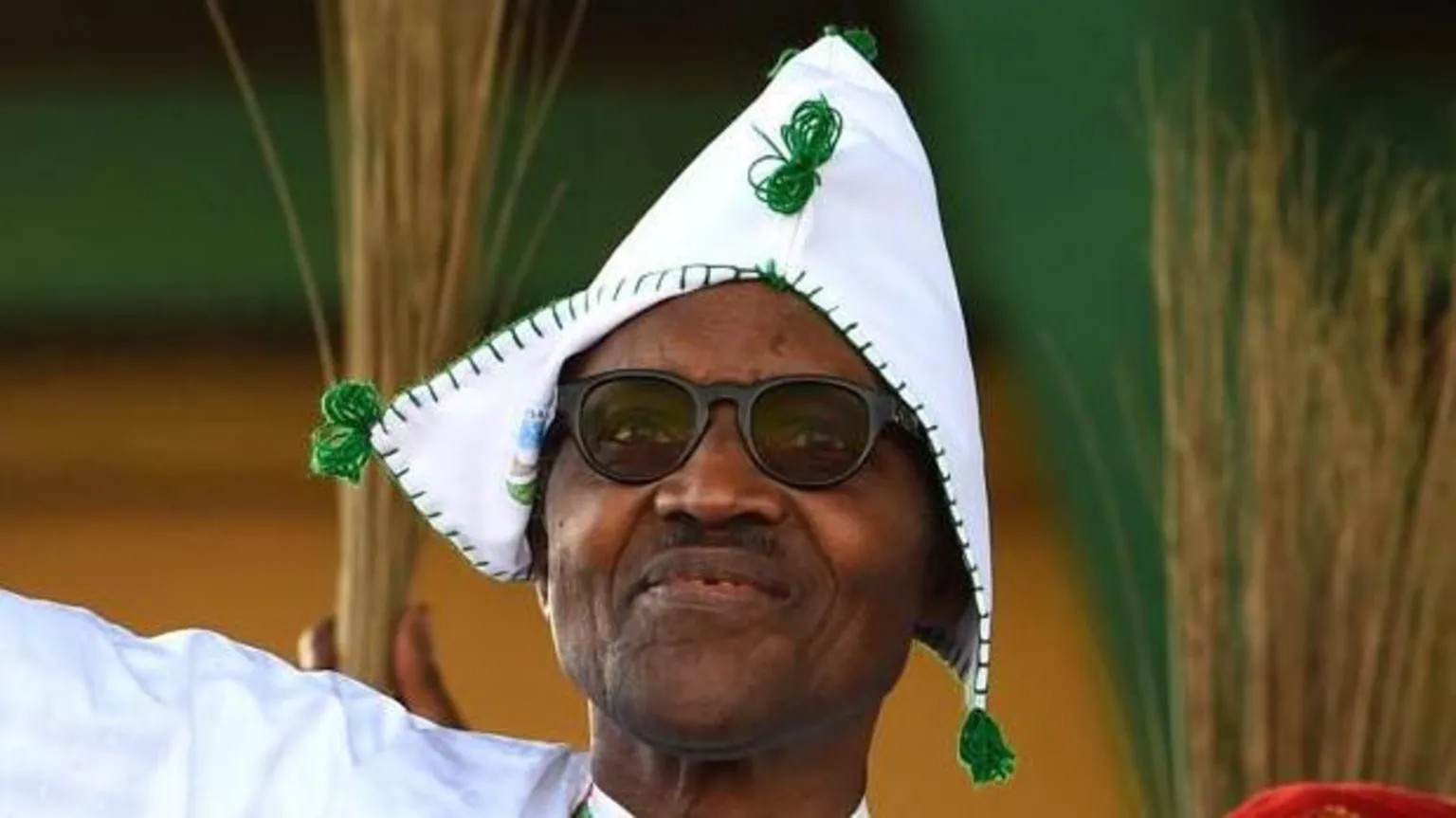



0 Comment(s)